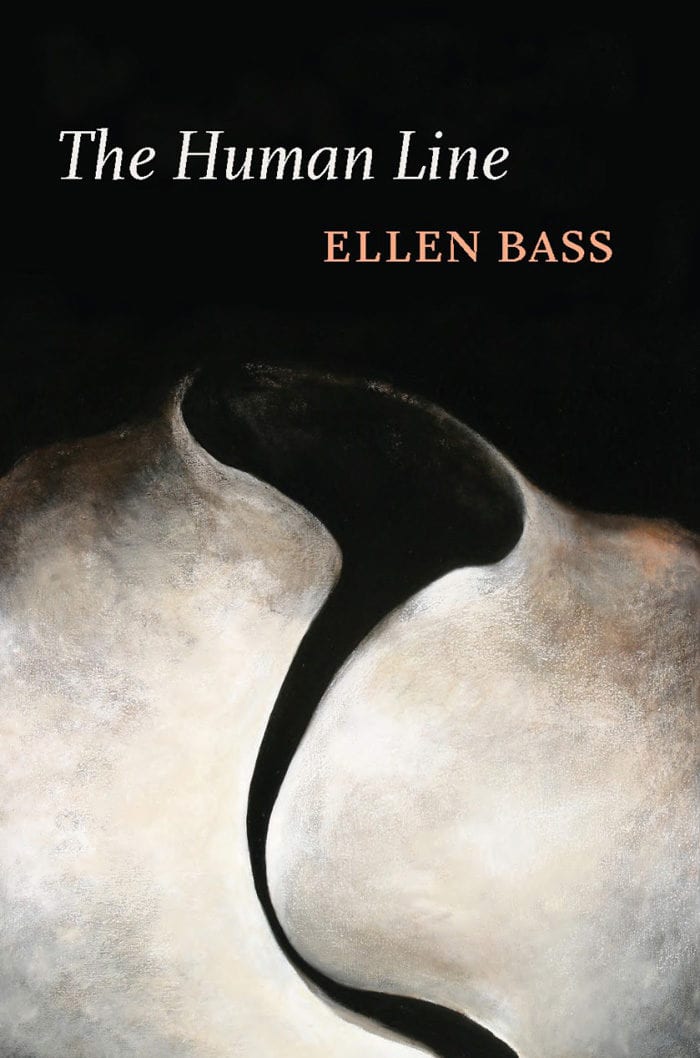
The Human Line startles with its precise detail, intimate images, and wild metaphors. Ellen Bass brings attention to life’s endearing absurdities, and many of the poems flash with a keen sense of humor. She also faces many of the crucial moral dilemmas of our time—genetic engineering, environmental issues, continuous war, heterosexism—and grounds her vision in the small, private workings of the heart. “Poetry,” writes Bass, “is the way I pay attention, appreciate, give praise, struggle, grieve, rage, and pray. It’s the way I embody my love for the world.”
ISBN: 9781556592553
Format: Paperback
Reviews
“There are some lovely poems in The Human Line… poems that cut deep into our sense of self and of primal relationships.” —Carolyn Kizer
“What Randall Jarrell said about life can be said about the poems in The Human Line: they move with ‘an unforced joy, an unwilling sadness.'” —Harvard Review
“Bass offers poetry that we need to hear now, poetry that renders a complex but accessible portrait of what it is to be human. Her poetry consoles and stands up for what is necessary, nourishing, life-enhancing, and just. It is a well-made prayer for peace in the guise of art.” —American Book Review
“Bass makes the personal political and the political personal, and she does it with an unerring poetic ear.” —Calyx
“The book as a whole works much the same way as the opening poem, focusing first on the ordinary, but then evolving to a higher, richer level of experience. Bass moves the reader from poems about her mother’s death, through the details of her own childhood into ever-widening concerns of the human condition… her metaphorical language simply takes one’s breath away…” —Redactions
